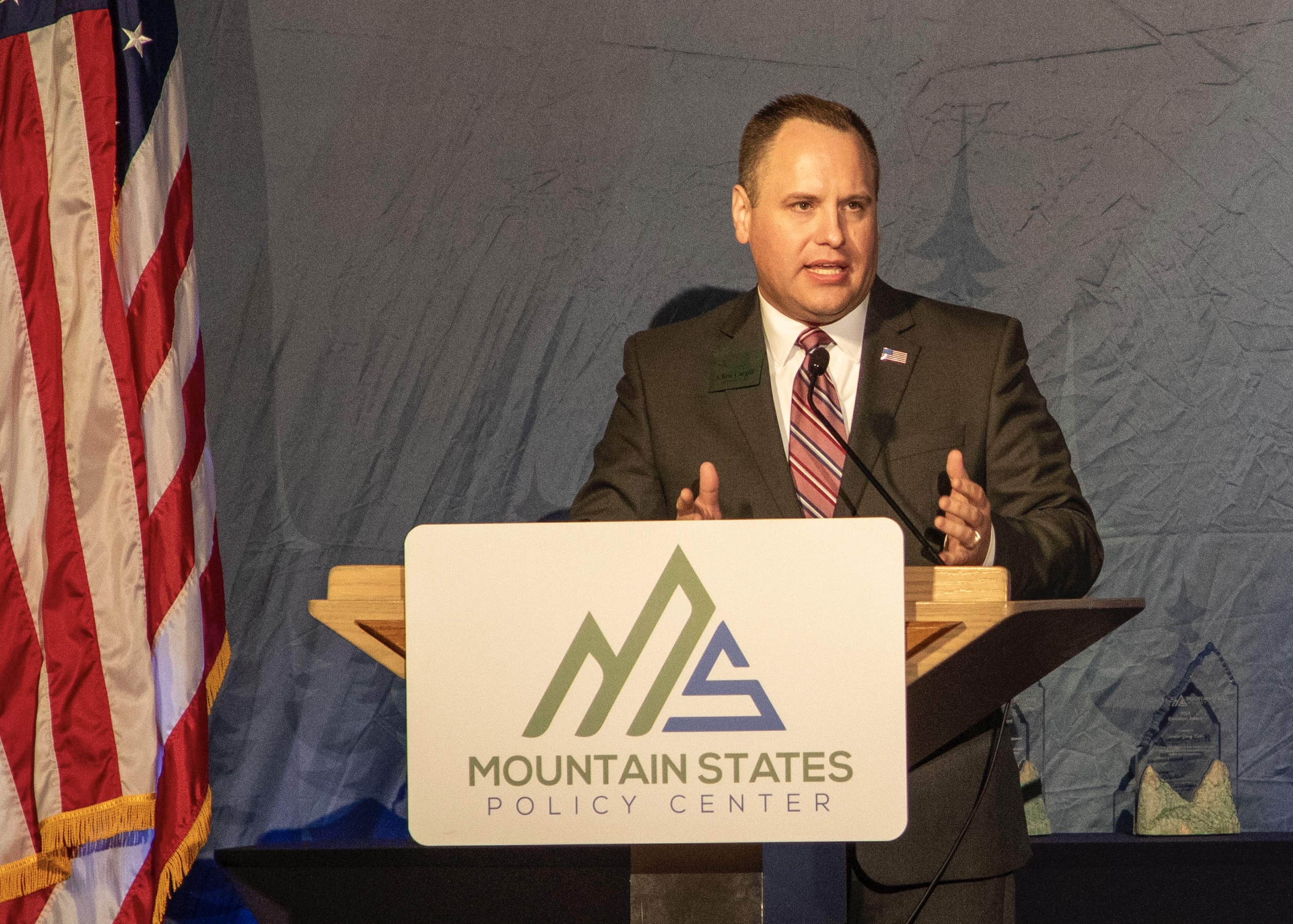Removing March and August school elections makes sense
- Chris Cargill
- Feb 8, 2023
- 2 min read
Updated: Jul 21, 2023

Policymakers across the region and nation are always looking for ways to increase voter turnout and community involvement. Idaho lawmakers may have found at least one solution that can also save taxpayer money.
House Bill 58 passed the State Affairs committee today by an overwhelming 11-2 vote. The bill would prohibit school bond and levy elections from occurring in any election but the May primary and the November general election.
Right now, counties can spend thousands of dollars for these special elections, which can be hidden from voters in March and August off-cycle elections. Lower turnout means more power for special interest groups to get out their voters.
There is a bounty of research that suggests this type of policy change is a good thing.
"While such groups tend to vote at high rates regardless of when the election is held, the low turnout in off-cycle years enhances the effectiveness of their mobilization efforts and makes them a proportionately larger bloc."
"Direct democracy is often justified normatively on the grounds that it represents the will of the median voter. This justification is less compelling if agenda-setters are selecting the median voter. This paper demonstrates that agenda-setters can use election timing power to select voters that will be more favorable towards their policy interests. As a result, both researchers and policy makers need to seriously consider how the rules surrounding agenda establishment in direct democracy affect economic and political outcomes."
Research from the Foundation for Government Accountability shows the impact of changing school elections to on-cycle.
In Texas, for example, a 2006 law changed nearly 20 percent of school districts to on-cycle elections. As a result, turnout significantly increased in these school districts relative to those districts who continued holding off-cycle elections.
In California, a 1986 law allowed school districts to move off-cycle elections to on-cycle years. By 2008, roughly two-thirds of school districts had moved to on-cycle elections. Controlling for other factors, this simple change increased voter turnout in school board elections by an astounding 150 percent.
This isn't about making school bond or levies more difficult to pass. It's about making sure those who have to pay the bill are involved in the decision making process.







Comments